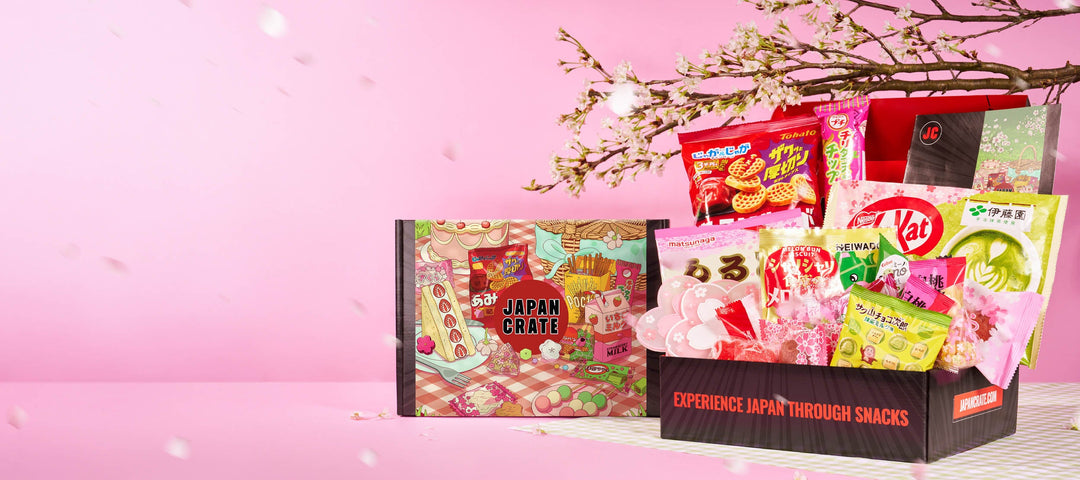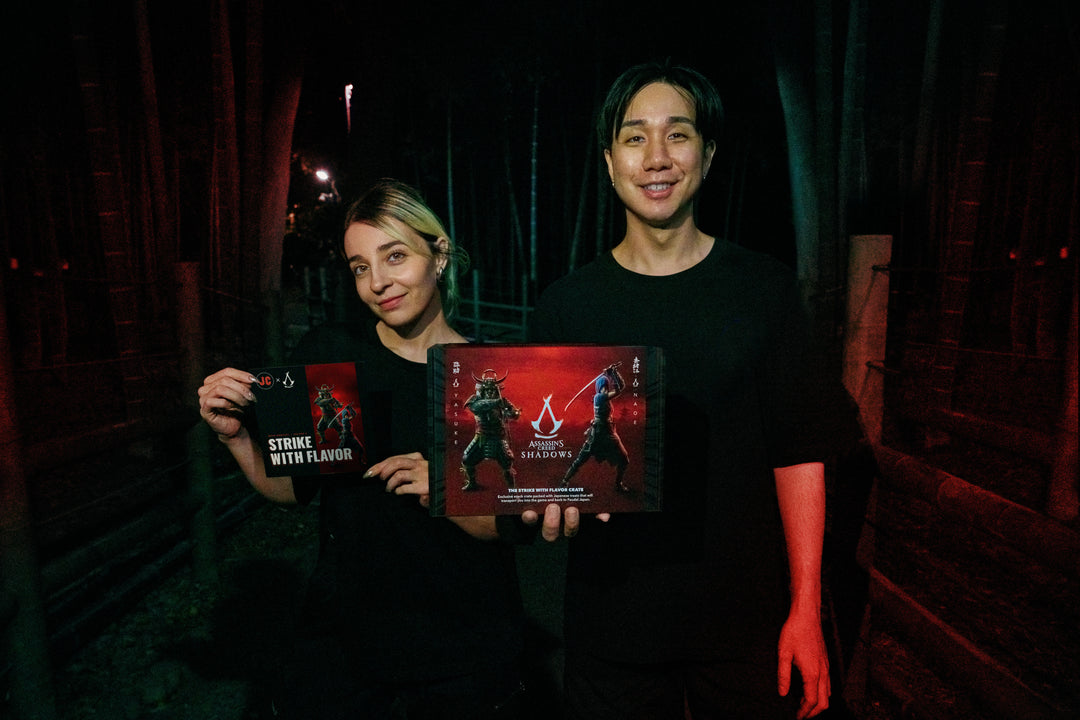I like you, have some chocolate.

"Eating chocolate while studying helps the brain retain new information
and is linked to higher test scores."
Chocolate is one of those foods that inspires a cultish following, no matter the culture. This month, you can enjoy crafting your own mouth-watering chocolates, licking the extra right out of the tube, and then devouring all the evidence.But wait!
Did you know that chocolates, and making chocolates, is an important part of Japanese culture? That's right, in Japan, Valentine's Day chocolates are more of a big deal than pretty much anywhere else, including here in the US. Each year, women rush to the store to pick up chocolate to give to all the important men in their life on February 14th. They will not only purchase chocolate for their boyfriends or husbands, but also for their co-workers, male friends, and family members. That's because in Japan, there are two distinct categories of chocolatey gifts. First, there is "giri-choco" or obligation chocolate. This kind of gift is bought for co-workers, delivery people, therapists, or other men that women interact with frequently. Next, there is "honmei-choco" or true love chocolate. This gift is for boyfriends, husbands, and importantly, crushes. More on that later.
They will not only purchase chocolate for their boyfriends or husbands, but also for their co-workers, male friends, and family members. That's because in Japan, there are two distinct categories of chocolatey gifts. First, there is "giri-choco" or obligation chocolate. This kind of gift is bought for co-workers, delivery people, therapists, or other men that women interact with frequently. Next, there is "honmei-choco" or true love chocolate. This gift is for boyfriends, husbands, and importantly, crushes. More on that later.  Women often make honmei-choco by hand, because it is considered to be more of a thoughtful gift. All the chocolate making supplies are available for purchase at the store alongside the ready-made chocolates, including fun-shaped molds, sprinkles, and different colors of chocolate.
Women often make honmei-choco by hand, because it is considered to be more of a thoughtful gift. All the chocolate making supplies are available for purchase at the store alongside the ready-made chocolates, including fun-shaped molds, sprinkles, and different colors of chocolate.  Glico found that the average Japanese woman gives chocolate to more than 10 people on Valentine's day, spending US $150 on average! Exactly one month later, on March 14th, it is time for men to reciprocate. This holiday is called "White Day." According to custom, men should give a gift to each woman who gave them chocolate on Valentine's Day. The gift should cost approximately 2-3 times as much. Many times, the gift is chocolate (white or otherwise), although it can be any number of things, depending upon the relationship.
Glico found that the average Japanese woman gives chocolate to more than 10 people on Valentine's day, spending US $150 on average! Exactly one month later, on March 14th, it is time for men to reciprocate. This holiday is called "White Day." According to custom, men should give a gift to each woman who gave them chocolate on Valentine's Day. The gift should cost approximately 2-3 times as much. Many times, the gift is chocolate (white or otherwise), although it can be any number of things, depending upon the relationship.  If a woman gave a man a honmei-choco, this is his moment to show her if he reciprocates her feelings. Depending upon the type of gift he gives her, she will know if her feelings are mutual, or not. Many young women in Japan consider this system to be less embarrassing than confessing their feelings directly and at random. Recently, there is another growing trend. "Jibun-choco" means "chocolate for myself." Many women and men indulge by buying a little something for themselves, as well.
If a woman gave a man a honmei-choco, this is his moment to show her if he reciprocates her feelings. Depending upon the type of gift he gives her, she will know if her feelings are mutual, or not. Many young women in Japan consider this system to be less embarrassing than confessing their feelings directly and at random. Recently, there is another growing trend. "Jibun-choco" means "chocolate for myself." Many women and men indulge by buying a little something for themselves, as well.  So, treat yourself!
So, treat yourself!
Anytime is a good time for jibun-choco, we say. :)
1 comment
Author Bio







Haha I still haven’t used this DIY kit. I’ll have to do it on the weekend. I hope it’s as delicious as it looks (unfortunately, most of the DIY kits have been more of a “miss” than a “hit” with us).
Leave a comment